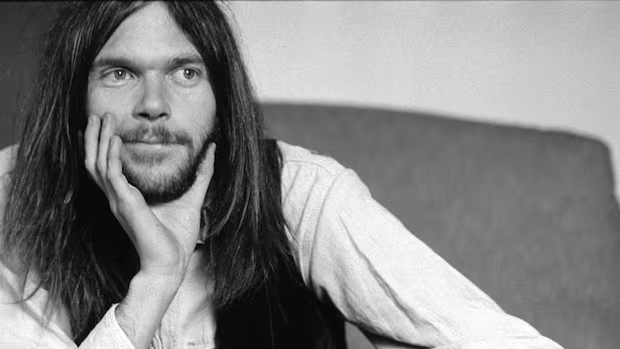Neil Young has always been one of those artists who follows his heart, no matter what anyone else thinks. Throughout his long career, he’s been called unpredictable, stubborn, and even “fickle.” But the truth is, Neil isn’t confused—he just refuses to fake it. If something feels real, he’s all in. If it starts to lose meaning, he moves on.
From the early days with Buffalo Springfield and Crosby, Stills, Nash & Young to his solo work, Neil has always chased honesty in music. He never cared about being trendy or popular. What mattered most to him was feeling something. That’s why his fans love him—because every song he writes comes straight from the heart.
In the 1980s, Neil went through some strange musical experiments that didn’t always work. Critics were harsh, but he didn’t care. He was simply exploring, trying to find something new and honest again. And in the early 1990s, he found that spark in an unexpected place—Seattle’s grunge scene.
Bands like Nirvana, Soundgarden, and Pearl Jam were bringing back raw, emotional rock music. They weren’t polished or commercial; they played with real feeling. Neil Young immediately connected with that energy, especially with Pearl Jam. He saw in them what rock was always supposed to be about: passion, truth, and noise with meaning.
Neil once said, “If all I had was Pearl Jam, and I didn’t have another band in the world, I would not be worried. Because in there is the essence of making great music.” That’s one of the highest compliments he could give. What he meant was that Pearl Jam carried the same spirit that had always driven him—a love for music that comes from the soul, not from chasing fame.
In 1995, Neil and Pearl Jam recorded an album together called Mirror Ball. The sessions were quick and natural, with little planning or talking. They just played. It was messy, loud, and real—exactly what Neil loved. The collaboration showed how two generations of rock could come together through pure emotion.
Kurt Cobain from Nirvana once said he thought Pearl Jam was too commercial, but Neil saw something deeper. He saw a band keeping the roots of rock alive while still making it their own. Pearl Jam reminded him of why he started making music in the first place.
Neil has always believed that fame fades fast, but honest music lasts forever. He’s never been afraid to change direction or walk away from success if it meant staying true to himself. That’s why he connected so strongly with Pearl Jam—they stood for the same thing.
In a world where many artists chase hits, Neil Young reminds us that real music is about emotion, not perfection. His friendship with Pearl Jam proves that authenticity never goes out of style. Whether it’s 1970 or 1995—or even today—Neil Young’s message stays the same: follow your heart, play what feels true, and never let the music lose its soul.

